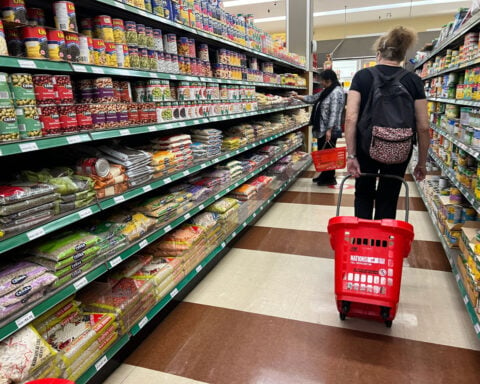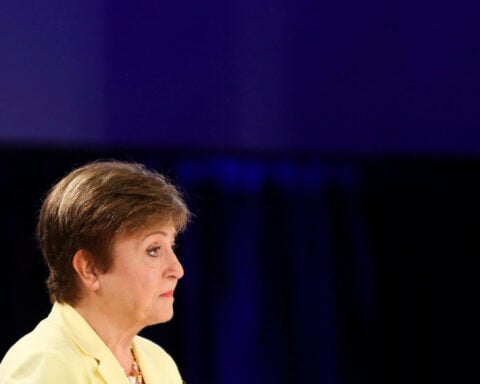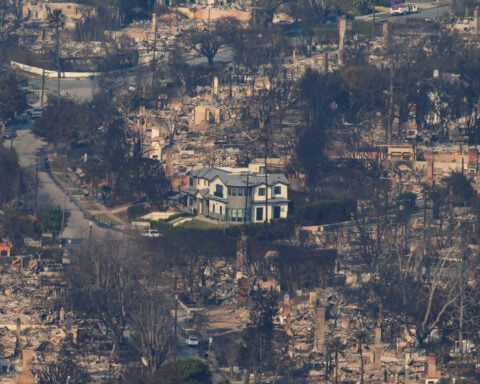Whether it’s a new round of journalist layoffs or further consolidation into the hands of a few owners, the problems confronting local media in the U.S. are easy to see.
We are political scientists who study how the decline of local news affects American politics. In past work, we showed that these changes hamper the ability of local newspapers and television stations to cover their communities. We also wrote about how they limit what the public can learn about politics from local news.
Many of these problems have an underlying source: Fewer people are watching and reading local news. Media consumers have far more options than in the past, and this has reduced the size of the local news audience.
Instead of watching local TV news, people can tune in to cable TV focused on national politics. Rather than subscribing to a local newspaper, they can find out about community events on social media. Researchers have linked this decline in attention to local news to increased polarization and more party-line voting in state and local elections.
The economic pressures on local news have implications that go beyond politics. Large staffing cuts in the newspaper industry included reporters covering the statehouse or city hall. But those cuts also included sizable numbers of journalists covering local sports, community events and lifestyle beats. These changes chip away at the types of local, nonpolitical stories that drew many consumers to local media in the first place.
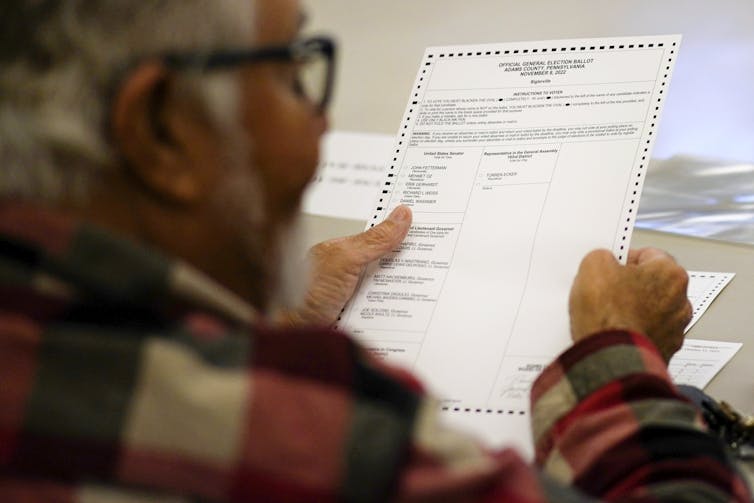
How can local news organizations win audiences back?
One potential solution that’s been offered by those trying to reverse the decline of local journalism is to increase local political reporting. This ranges from changes to editorial practices so that national issues receive less coverage in local news sources to large-scale philanthropic funding of local news coverage. Implicit in many of these efforts is the idea that focusing on local political events can attract more readers and viewers by demonstrating to them the value that local news organizations provide.
Increasing local political coverage is one of many ideas aimed at providing a sustainable path forward for local journalism. But very few of them will work – including, we believe, this one.
News consumption during mayoral elections
In a forthcoming article in Political Science Research and Methods, we consider whether events that shift attention to local politics, and which do not receive much national media coverage, increase local media use. This builds on prior evidence that people are more interested in local news when they are reminded about the important role of local government in their lives.
In our research for the article, aimed at understanding whether local political events can increase local media use, we examined how local media use changed during over 500 mayoral elections happening in small, midsized and large cities across the United States between 2013 to 2021.
Mayoral elections are a promising place to look for shifts in news use due to their ramifications for an entire community. In our article, we also show that these elections are also a time of increased attention to local politics among the public and media.
Using television transcripts and Google Trends data, we found that, compared to communities without an upcoming mayoral election, there is more discussion of local politics on local TV news programs and more internet searches for information about local politics in communities with active mayoral campaigns.
But this increased interest does not translate into more news use.
Compared to their counterparts in communities without an election, monthly web traffic to local newspaper websites does not increase as mayoral elections approach. Traffic falls slightly after the elections conclude. The local television news viewership is slightly lower during the peak of the election compared to the time periods before and after. When looking at either total web traffic or TV viewership, there are limited changes in use of the local media outlets covering mayoral elections compared to those in areas without one.
The analysis includes some noncompetitive elections and races where the influence of local politics could be overwhelmed by other elections at the same time, such as when a mayoral race coincides with a presidential election.
But here’s the bad news: Even when focusing on close mayoral elections or races in years without federal elections, we fail to find beneficial changes in the audiences of local media outlets covering mayoral elections in their community.
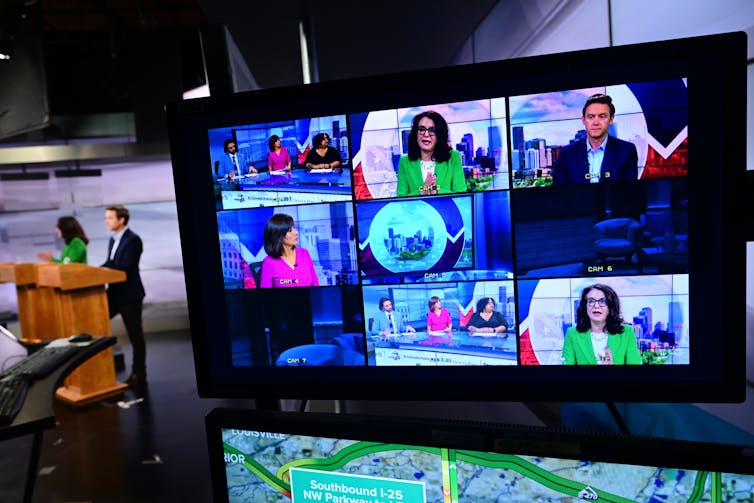
Hard to expand local news audiences
A surge in interest and coverage of local politics is not enough to elevate local news consumption. Our finding shows the difficulty of growing local news audiences.
Other recent studies have found that even providing free newspaper subscriptions to those who do not consume local media fails to increase local news use. Together, this evidence paints a dire picture for the long-term survival of local news outlets.
While our research doesn’t identify a fix, we believe it has implications for thinking about the problem of local news demand. Recent efforts supporting local media aim to increase the amount of attention these news sources devote to local politics.
Keeping local news organizations alive is a valuable goal with important political consequences. But our work suggests efforts aimed at generating more local political coverage will be insufficient to increase the size of the local news audience.
In its heyday, local media encouraged incidental learning about politics by bundling political news together with coverage of sports, community events or lifestyle news. Even if the goal of efforts to support local media ultimately stems from the valuable civic information it provides, this older approach suggests efforts to attract audiences may need to look beyond political news and instead emphasize the nonpolitical coverage local news organizations could produce.
Many discussions of the problems facing local media center on their ability to produce news coverage. Our study shows the added importance of distinct efforts to ensure local news consumers are there to see it.

The authors do not work for, consult, own shares in or receive funding from any company or organization that would benefit from this article, and have disclosed no relevant affiliations beyond their academic appointment.
Source: The Conversation

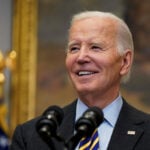 Biden says still pondering preemptive pardons, believes he could have beaten Trump in 2024
Biden says still pondering preemptive pardons, believes he could have beaten Trump in 2024
 Trump, Zuckerberg meet at Mar-a-Lago, Semafor reports
Trump, Zuckerberg meet at Mar-a-Lago, Semafor reports
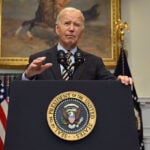 Biden says Meta's decision to get rid of fact-checkers is 'really shameful'
Biden says Meta's decision to get rid of fact-checkers is 'really shameful'
 Kensai Hirata has early lead at Sony Open as Zach Johnson gets in the mix
Kensai Hirata has early lead at Sony Open as Zach Johnson gets in the mix
 Massive ice core is a ‘time machine’ that could help solve an ancient climate mystery, scientists say
Massive ice core is a ‘time machine’ that could help solve an ancient climate mystery, scientists say
 Why does the US want to ban TikTok? The allegations against it
Why does the US want to ban TikTok? The allegations against it
 US proposes payment rate for 2026 Medicare Advantage insurers
US proposes payment rate for 2026 Medicare Advantage insurers
 Blue Jays add All-Star reliever Jeff Hoffman with $33 million, 3-year contract
Blue Jays add All-Star reliever Jeff Hoffman with $33 million, 3-year contract
 NBA-Lakers' coach Redick in shock after losing home to LA wildfires
NBA-Lakers' coach Redick in shock after losing home to LA wildfires
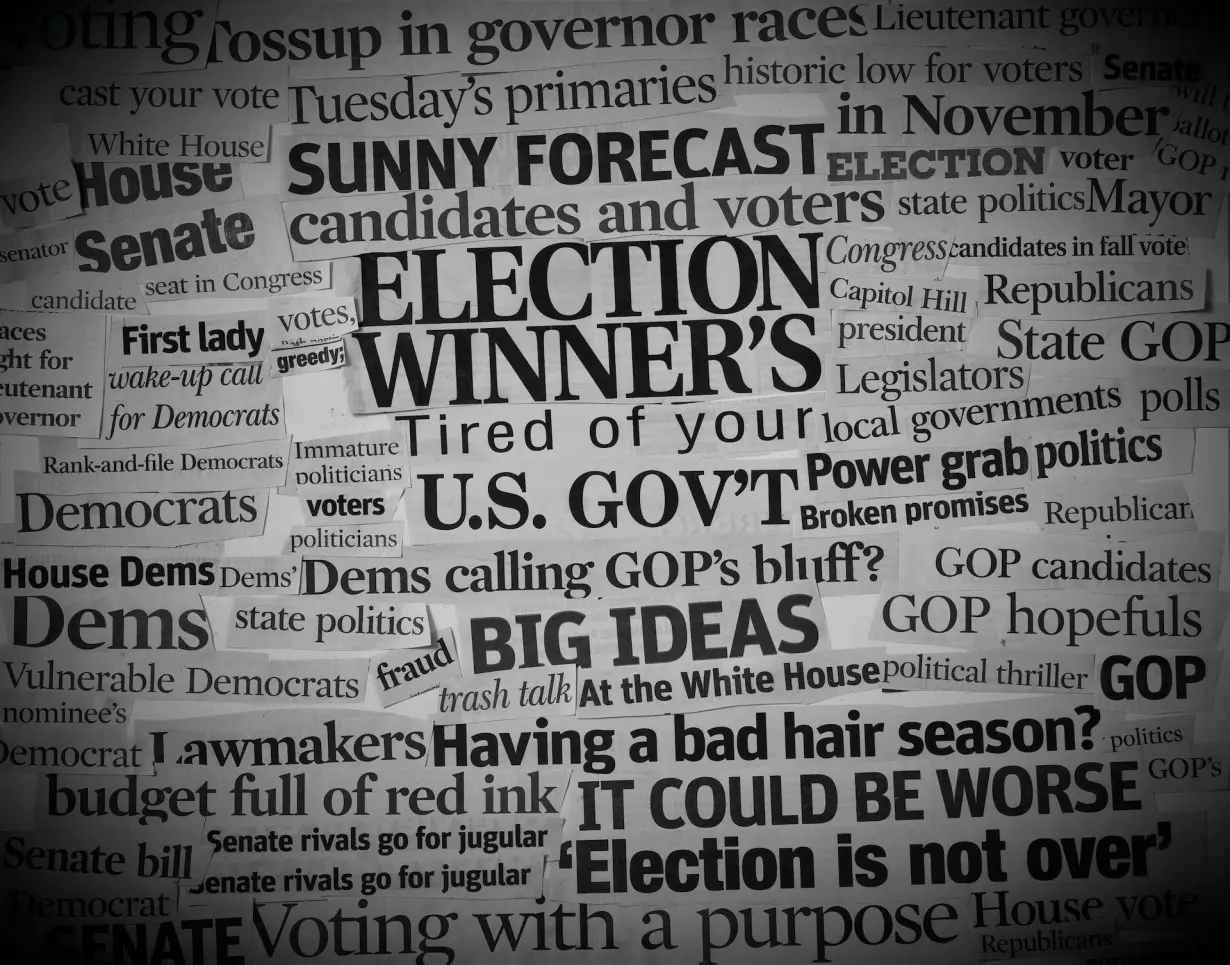 Will local election coverage help news organizations win back readers and viewers?
Will local election coverage help news organizations win back readers and viewers?
